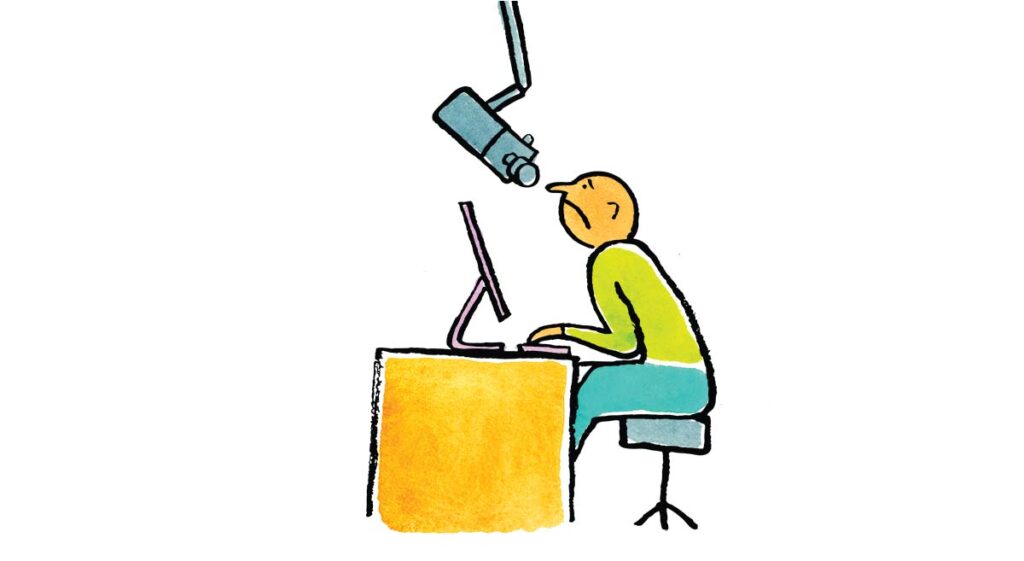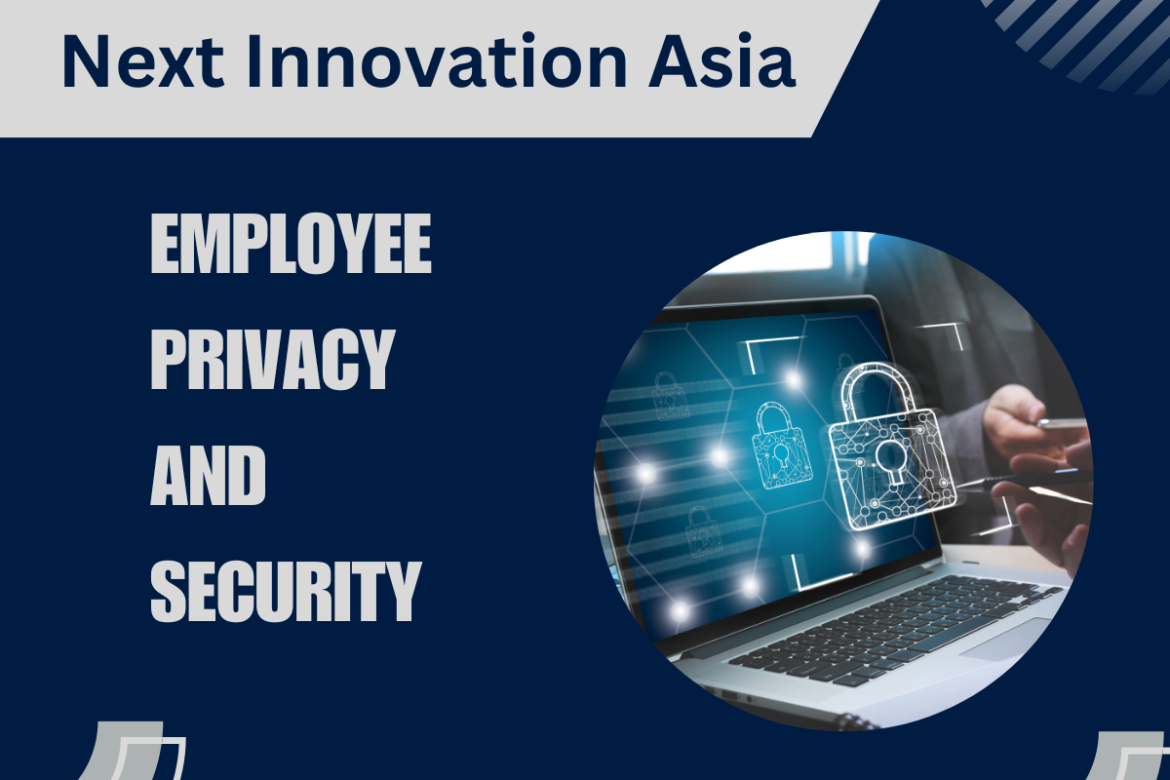What is employee privacy and security?
Employee data privacy and security refers to the act of ensuring the protection of an employee’s personal data while working in a company HRM stands for human resource management, which is the strategic and coherent approach to the effective and efficient management of people in a company or organization.
HRM involves recruiting, hiring, training, compensating, retaining, and motivating employees, as well as developing and enforcing policies and procedures that help ensure employee safety and compliance with legal regulations. Employee data privacy and security is becoming increasingly important for organizations that are aiming to comply with global privacy laws and to protect their employees from data breaches and misuse.
Employee data privacy and security is important for several reasons. According to the web results, some of them are:
1.It is considered a fundamental human right in many jurisdictions, and data protection laws exist to guard that right.
2.It demonstrates trust and respect to the employees and customers, and can enhance the reputation and brand value of the organization.
3.It prevents harmful and negative consequences to the organization, such as data breaches, cybercrime, fines, lawsuits, and reputational damage.
It protects employees from fraud and identity theft, which can result from unauthorized access or misuse of their personal data.
4.It supports organizational goals and performance, by investing in employees, boosting their job satisfaction, motivation, and productivity, and creating a positive company culture.
Some of the best practices for employee data privacy and security are:
Control access to personal information. Ensure only authorized users in your organization are able to access employee information. Use strong passwords, encryption, and authentication methods to protect data from unauthorized access.
Keep work and personal accounts separate. No company data containing personal information should be transferred to personal machines or accounts. Avoid using personal devices or networks for work purposes, unless they are properly secured and approved by the organization.
Be wary of calls (or e-mails) from unknown individuals seeking information. Do not disclose any personal or company information to anyone who claims to be from the organization, a vendor, a partner, or a government agency without verifying their identity and authority. Report any suspicious or unsolicited requests to the IT or security department.
Practice minimal data collection. Only collect what you need for a predefined purpose, and delete or anonymize the data once it has fulfilled its purpose. Do not collect more data than necessary or store it longer than required.
Apply measures equally for all staff. Do not discriminate or favor certain employees based on their data privacy preferences or choices. Respect the autonomy and consent of employees when collecting or processing their data.
Make decisions in light of the risks. Assess the potential impact and likelihood of data breaches or misuse, and implement appropriate safeguards and controls to mitigate them. Review and update your decisions regularly based on changing circumstances and regulations.
Next Innovation Asia


